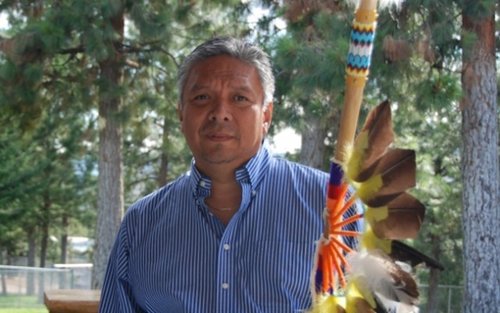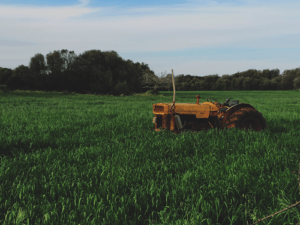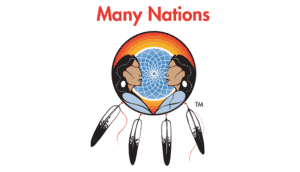“International markets are waking up to the potential of First Nations agricultural production”
A recent resolution by the Assembly of First Nations (AFN) says that with a young population, accessible land, and an interest in economic development, First Nations are ideally-placed to grow their stake in the agricultural sector.
A year after the AFN called on the Canadian federal and provincial governments to support First Nation farming initiatives, Chief Byron Louis of the Okanagan Indian Band said partnerships are moving forward.
“I’ve got to say there’s been a lot of progress. Agriculture Canada has been very supportive. It’s the difference of actually going to a department who has this mandate as opposed to somebody like INAC … [that’s] not geared for serving agriculture.”
The resolution, introduced in 2016, calls for the AFN to ask the Ministry of Agriculture to provide resources to First Nations “to facilitate economic growth through agricultural opportunities.” The AFN also resolves to collaborate with the Canadian federal government on a First Nations agricultural strategy, and to ask the Canadian provincial and federal governments to provide mentorship, venture capital investments, and lease agreements that will help grow First Nations participation in the agricultural industry.
“We have a huge land base that could produce umpteen products and be a huge supplier into the food chain worldwide”
Chief Louis said he got involved in the creation of the resolution after considering the agricultural potential of his 25,000-acre Nation in the north Okanagan. He said it also aligns with Agriculture Canada’s development of a new agriculture policy framework. The objectives of this policy framework include expanding international and domestic markets, sustainable sector growth, and environmental sustainability.
Paul Ledoux, a councillor with Muskeg Lake First Nation in Saskatchewan, said he sees great agricultural potential in his community. Currently, many First Nations lease land out rather than farm. But farming arable land as a community could be more beneficial than leasing it to others, he said, and provide jobs as well.
“If you look at the opportunities that First Nations have across the nation we have a huge land base that could produce umpteen products and be a huge supplier into the food chain worldwide,” he said.
International markets are waking up to the potential of First Nations agricultural production, Chief Louis said. India, China, and Middle Eastern countries are all interested in this untapped resource.
“They’re very interested in First Nations because they’re probably the only people in the world they haven’t heard from yet,” he said. “I think there’s a lot of advantages to that, and I think you have to look at that and take advantage of it.”
An assessment of the agricultural needs of First Nations communities in BC indicated that they have key resources that would make agriculture successful. This survey of 47 First Nations showed they felt they had the land and labour they would need, plus the traditional knowledge of Elders, and people interested in working and living on the land. The biggest potential benefits they saw were self-sufficiency, jobs and skills development, the potential for the involvement of young people, and increased economic development and revenue.
Interested in more news about First Nations agricultural production or other stories about Indigenous economic development? Start with some insights into how co-ops can help Indigenous economic development.






